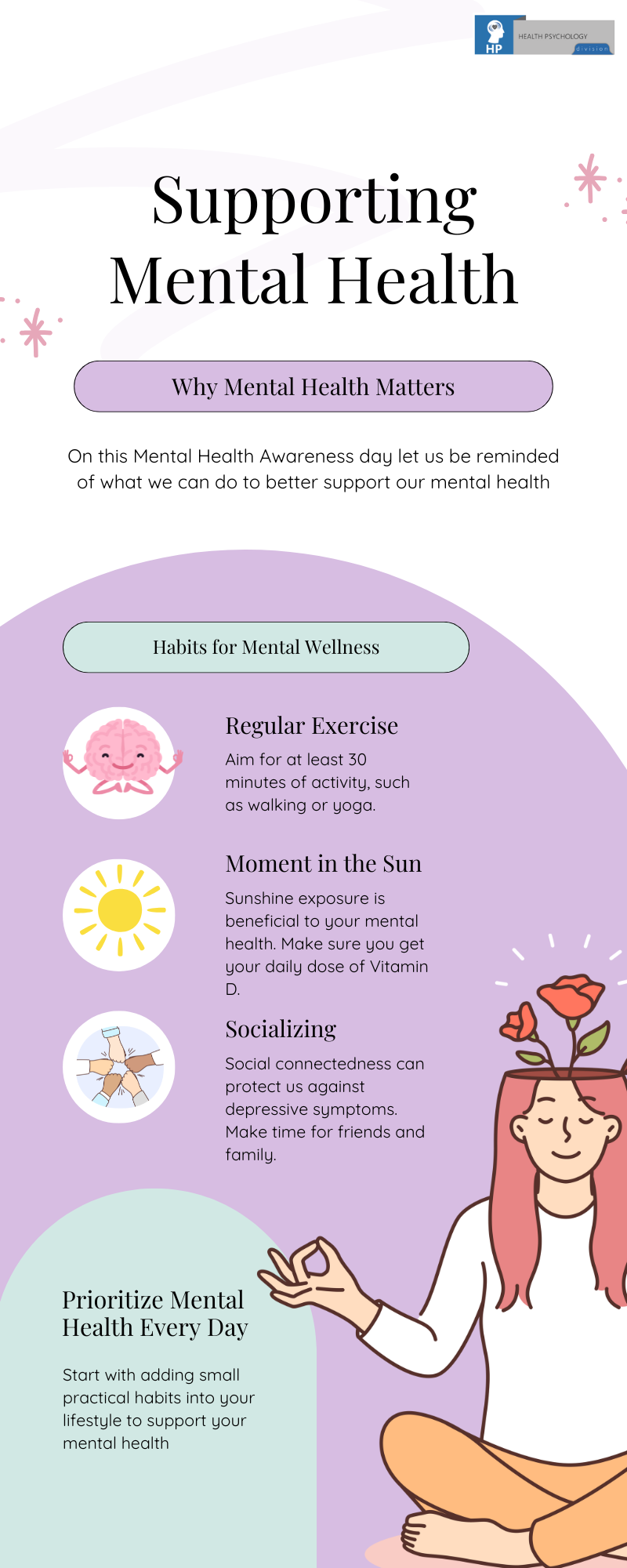
Health Psychology Podcast: The effects of Vaping/E-cigarettes on One’s Health and Well-being
EPISODE 30
HPD Podcasts
Health Psychology Podcast: The effects of Vaping/E-cigarettes on One’s Health and Well-being

In this episode we speak to Dr Catherine Egbe, a registered research psychologist and public health scientist. She obtained a PhD in Psychology and Health Promotion from the University of KwaZulu-Natal (UKZN), Durban South Africa. She is an alumna of the Center for Tobacco Control Research and Education, University of California San Francisco, a World Health Organization collaborating center for tobacco control. Dr Egbe is a Fellow of the Society for Research on Nicotine and Tobacco (SRNT) and co-chairs SRNT’s Global Research Network. She has led several regional and national research studies including South Africa’s first Global Adult Tobacco Survey, tobacco endgame in Africa, and University students’ exposure to e-cigarette and hookah marketing and advertisement in South Africa. She has authored over 50 academic publications.
Dr Egbe currently works as a Senior Specialist Scientist in the Mental health, Alcohol, Substance use & Tobacco Research Unit of the South African Medical Research Council and an honorary Associate Professor in the School of Nursing and Public Health (Public Health Medicine), Faculty of Health Sciences, University of KwaZulu-Natal, Durban, South Africa.
In this podcast, Dr Egbe provides insight into her research on e-cigarettes and some of the misconceptions, and health-related consequences of e-cigarettes. She also briefly discussed the impact that e-cigarettes can have on one’s mental health.














